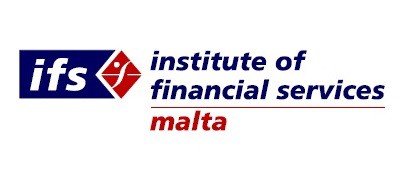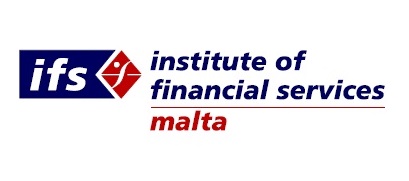“Malta’s economic future is indeed bright, but not without risks,” said Minister for Finance, Edward Scicluna. “Our economy and its operators have reached a very high level of sophistication. Therefore, we should not be afraid to take on the challenges that lie ahead.” He was addressing the Institute of Financial Services (IFS)’s Annual Dinner at the Hilton, on Friday 20th November 2015.
Referring to the last report on Malta by the International Monetary Fund (IMF), which noted that the solid economic growth being experienced in Malta is due to policy intitives, Minister Scicluna spoke about how the last four national Budgets have contributed to Malta’s economic success by identifying and addressing those weaknesses – mainly on the supply side of the economy – that were limiting the country’s potential. These included the hight cost of electricity production and a high reliance on oil, together with a lack of a plan for the energy sector; very low targets with regard to labour force participation; a worrying degree of illiteracy and drop-outs; and institutional factors such as a lack of desicion making, delays in the law courts, and a public procurement process that leaves much to be desired.
PRESS RELEASE ISSUED BY THE MINISTRY FOR FINANCE
Another very important issue that had to be tackled was the high level of taxation on the middle-income bracket. Tax on work was higher than warranted, so the Government turned to structural reforms to bring about higher economic growth. “We took the opportunity that there was a promise taken by the previous government to cut income tax and we tied it to a shift towards a greater emphasis on excise tax,” Minister Scicluna said. “We did this for three consecutive years, costing €42m, and in the last Budget we went further by another €11m, reducing the tax wedge on work and placing Malta at the top on the list of countries with the least tax burden on work.”
[nggallery id=288]
The Finance Minister said there are several other challenges ahead, such as that of access to credit for SMEs. Because of the current regulatory landscape and new risks, many SMEs will not be getting the credit they used to get in the past. The Minister mentioned the possibility of schemes through which the European Investment Bank or Malta’s national development bank will make up for that kind of risk. Enterprises should also be encouraged and incentivised to move their capital not just into banks but consider the wider picture. IFS President, Mr Kenneth Micallef, and Central Bank of Malta Governor, Josef Bonnici, also addressed the event. Amongst the distinguished guests was the Commonwealth’s Deputy Secretary General (Economic and Social Development), Mr Deodat Maharaj.
– Saturday, 21st November, 2015

